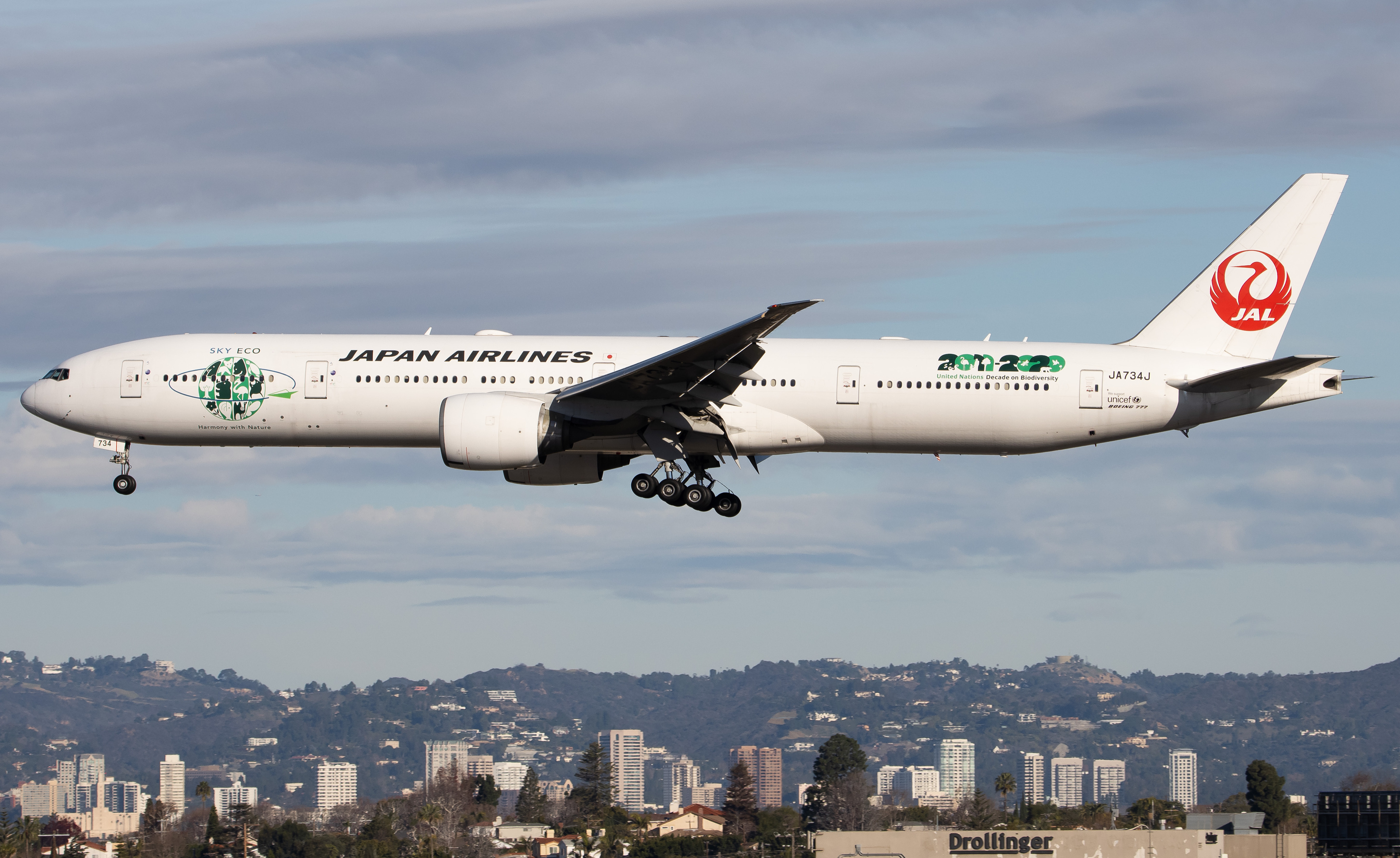The ongoing climate crisis has forced many industries to change their activities to meet net zero carbon emissions targets. The aviation industry plans to reduce emissions by introducing sustainable aviation fuel (SAF) into flights. SAF differs from traditional airline fuel because it is powered by feedstock instead of fossil fuels.
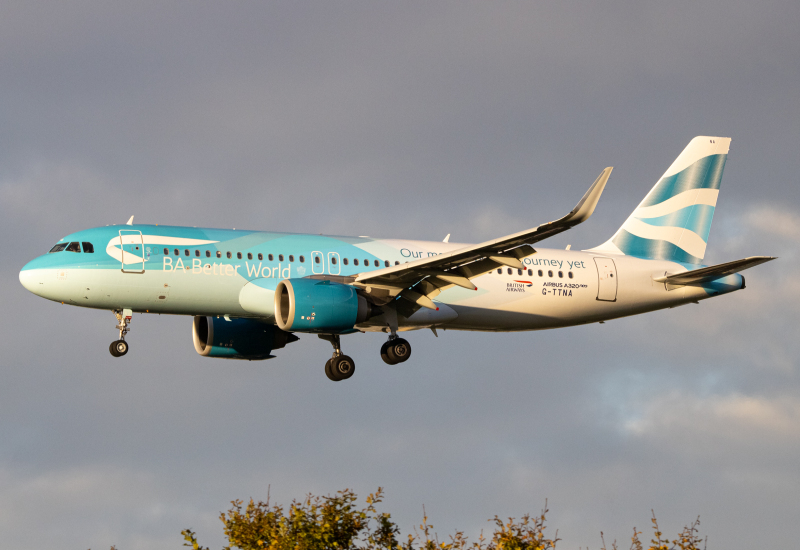
The Japanese oil company Eneos and the Australian petroleum company Ampol are planning to expand the production of sustainable aviation fuel. Both companies estimate that using feedstocks to produce biofuels could produce up to 132 million gallons of SAF per year. The new fuel will be sourced from different types of waste in the Australian state of Queensland and used for domestic and international consumption. Infrastructure currently used for refinery manufacturing will be converted into facilities that can produce biofuels.
This deal is part of Japan's ambitions to meet the increasing global demand for the decarbonization of the aviation industry. The largest Japanese airlines All Nippon Airways (ANA) and Japan Airlines (JAL) have outlined plans for SAF to comprise at least 10% of their fuel by 2030. Since Eneos is currently an oil company, this deal could present an opportunity to expand into the sustainability realm.
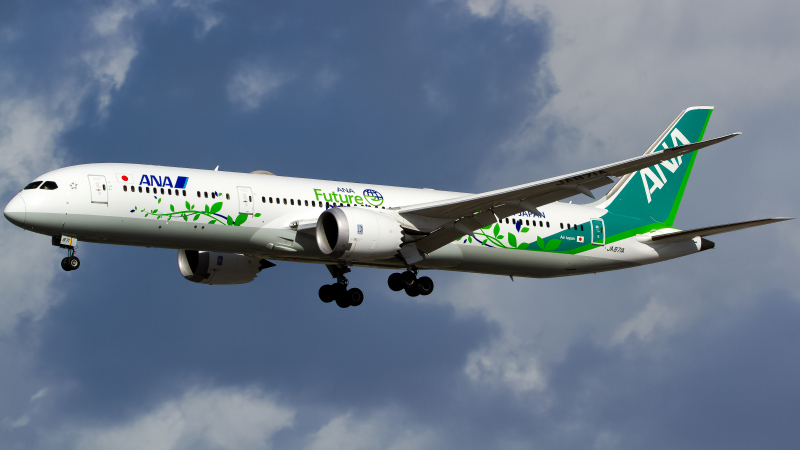
ANA's Vice President for procurement Hideo Miyake indicated that the deal will support ANA's mid- and long-term carbon reduction goals. This is not the first sign of investment into SAF in the Far East. Even western companies such as Boeing have begun considering an entry into the market. Perhaps this could be the first significant sign of the expansion of SAF into the global market.
Passengers Encounter Bedbug Infestation on Multiple Turkish Airlines Flights » Emirates Dismisses Viral A330 Plane Crash Video as "Fabricated and Untrue" » Maldivian Airlines Introduces First-Ever Widebody Aircraft, Plans New China Flights »
Comments (0)
Add Your Comment
SHARE
TAGS
INFORMATIONAL SAF Sustainable Aviation Fuel Carbon-Neutral Decarbonization Net-Zero EmissionsRECENTLY PUBLISHED
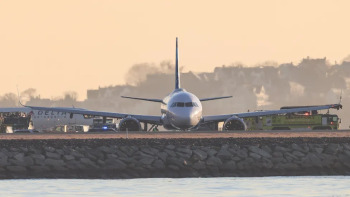 Could You Survive a Plane Crash? The Unlikely Science of Plane Crash Survival
With air travel consistently being heralded as the safest form of public transport, most of us do not board a plane pondering our chances of survival in the event of a crash. But, is it possible to survive one?
INFORMATIONAL
READ MORE »
Could You Survive a Plane Crash? The Unlikely Science of Plane Crash Survival
With air travel consistently being heralded as the safest form of public transport, most of us do not board a plane pondering our chances of survival in the event of a crash. But, is it possible to survive one?
INFORMATIONAL
READ MORE »
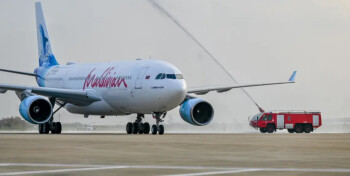 Maldivian Airlines Introduces First-Ever Widebody Aircraft, Plans New China Flights
Maldivian, the government-owned national airline of the Maldives, has just welcomed its first-ever wide body aircraft: the Airbus A330-200. With the new aircraft, the carrier also plans brand-new long haul international flights to China.
NEWS
READ MORE »
Maldivian Airlines Introduces First-Ever Widebody Aircraft, Plans New China Flights
Maldivian, the government-owned national airline of the Maldives, has just welcomed its first-ever wide body aircraft: the Airbus A330-200. With the new aircraft, the carrier also plans brand-new long haul international flights to China.
NEWS
READ MORE »
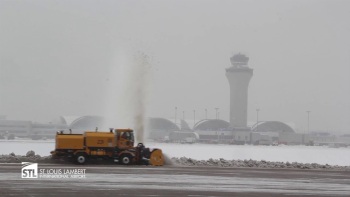 Thousands of Flights Impacted as Winter Storm Blair Hits U.S.
Winter Storm Blair has unleashed a huge blast of snow, ice, and freezing temperatures across the Central and Eastern United States.
As of Sunday afternoon, over 6,700 flights and counting have been disrupted. This includes cancelations and significant delays leaving passengers scrambling to change flights and adjust travel plans.
NEWS
READ MORE »
Thousands of Flights Impacted as Winter Storm Blair Hits U.S.
Winter Storm Blair has unleashed a huge blast of snow, ice, and freezing temperatures across the Central and Eastern United States.
As of Sunday afternoon, over 6,700 flights and counting have been disrupted. This includes cancelations and significant delays leaving passengers scrambling to change flights and adjust travel plans.
NEWS
READ MORE »



